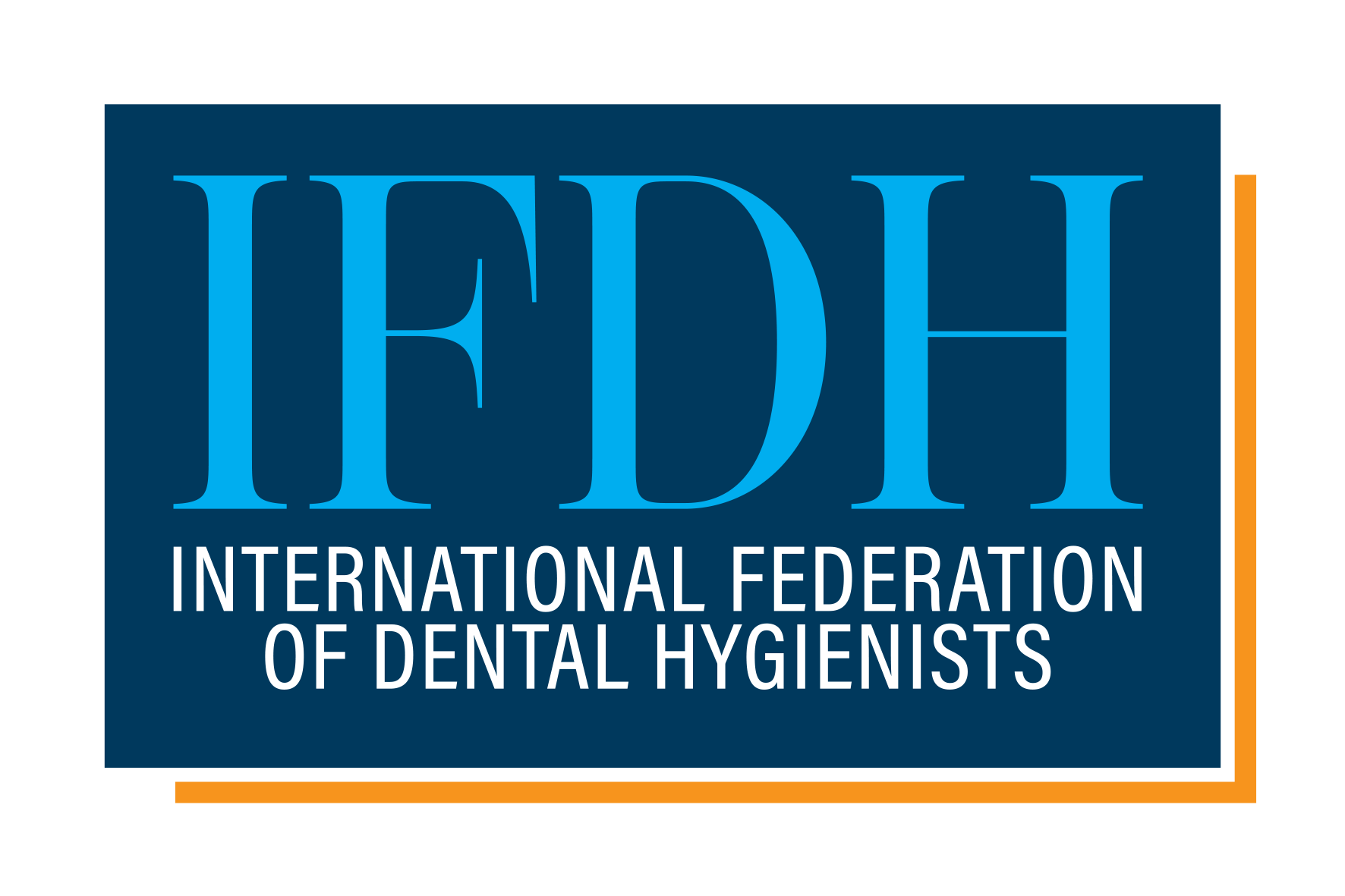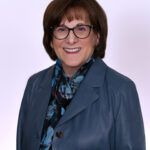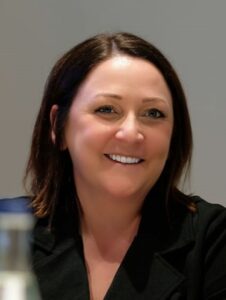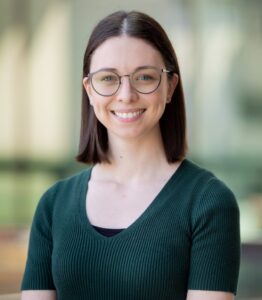The Internation Federation of Dental Hygienists
The 2025 IFDH Global Oral Health Summit
Elevating Oral Health - By All, For All
Virtual, Saturday, November 8, 2025
The IFDH 2025 Global Oral Health Summit (GOHS) series brings together influential worldwide leaders and stakeholders to discuss how dental hygienists, dental therapists, oral therapists, and oral health therapists can reduce the burden of oral diseases and their global economic impact. As part of the larger healthcare community, these team members play crucial roles in promoting overall well-being.
The WHO has taken a bold and decisive step to bring oral health to the forefront. Dr Tedros Adhanom Ghebreyesus, WHO Director-General, has succinctly stated, “There is no health without oral health.”
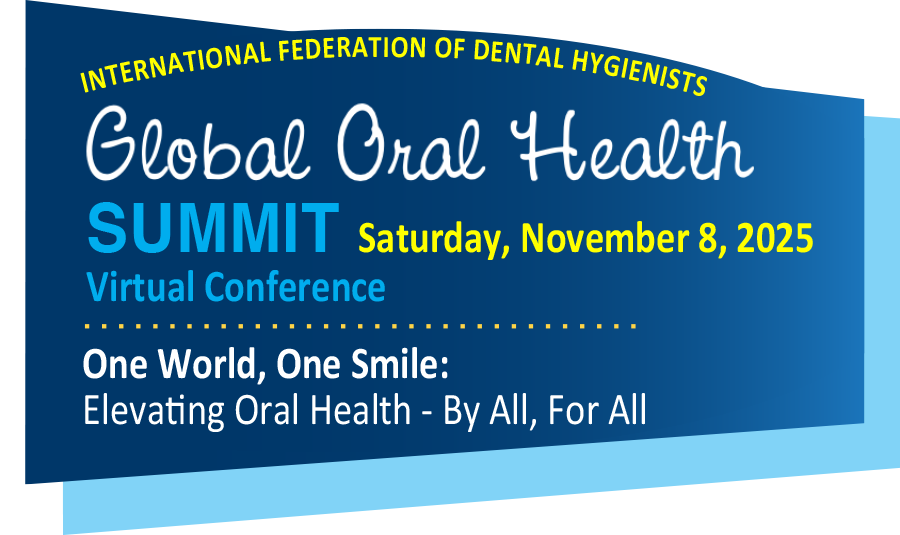
The 2025 GOHS emphasizes that point by focusing on topics that put into perspective the importance of oral health, including:
- Reducing Inequities
- Patient-centered Care
- Interprofessional Collaboration
- Focus on Prevention, and
- The Future of the Oral Healthcare Workforce
This 4 1/2 hour virtual program provides an overview of the recent WHO Oral Health Meeting in Bangkok. It will be followed by renowned speakers who will emphasize ways to improve oral health for all.
This 5th Global Oral Health Summit will continue the excellent content and calls to action presented in our previous events in 2021, 2022, 2023, and 2024!


Continuing Education Credits
ADEE and AADH are pleased to confirm that the Global Oral Health Summit has been peer reviewed and confirmed to meet the requirements expected of an event of this caliber. They verify that this event equates to 4 hours CPD hours or ECEC(d). Certificates will be provided via email upon request. You are given CE based on the amount of time you attend, as Zoom tracks attendance by minutes.
CHAIR
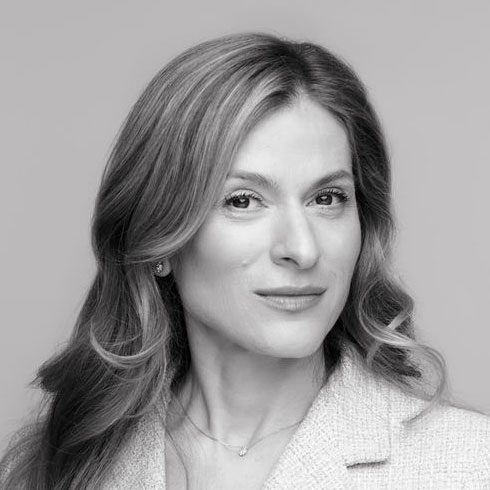
Gitana Rederiene, RDH, MSc, PhD
Member, IFDH House of Delegates
Lithuanian Dental Hygienists Association
PRESENTATIONS
Takeaways from the World Health Organization (WHO) 2024 Global Oral Health Meeting, Bangkok, Thailand

Recap: WHO 2024 Global Oral Health Meeting
Benoit Varenne, DDS, MPH, PhD
Dental Officer, Dept. of Noncommunicable Diseases
World Health Organization
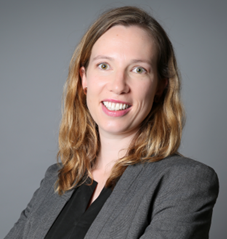
The Future Oral Healthcare Practitioner
There is a spectrum of oral health care providers who are trained to deliver oral health care. However a more dynamic approach to the health workforce on oral health is needed to respond to the large burden of oral diseases globally – 3.7 billion people (47% of the global population) – and the stark inequalities in both disease burden and access to care. This presentation outlines some key challenges and explores the opportunities for the health workforce on oral health to better respond to the needs of populations through universal health coverage service package design and integration of oral health care into primary care. Specifically, it proposes ideas on expanding the workforce, optimizing skill mix and adopting competency-based education. The picture of the future oral health care practitioner is a diverse, person-centered and embedded in health systems that are built around the needs of populations, recognizing oral health as a public health priority.
Nicole Rendell
Technical Officer, Dep’t. of Noncommunicable Diseases,
World Health Organization
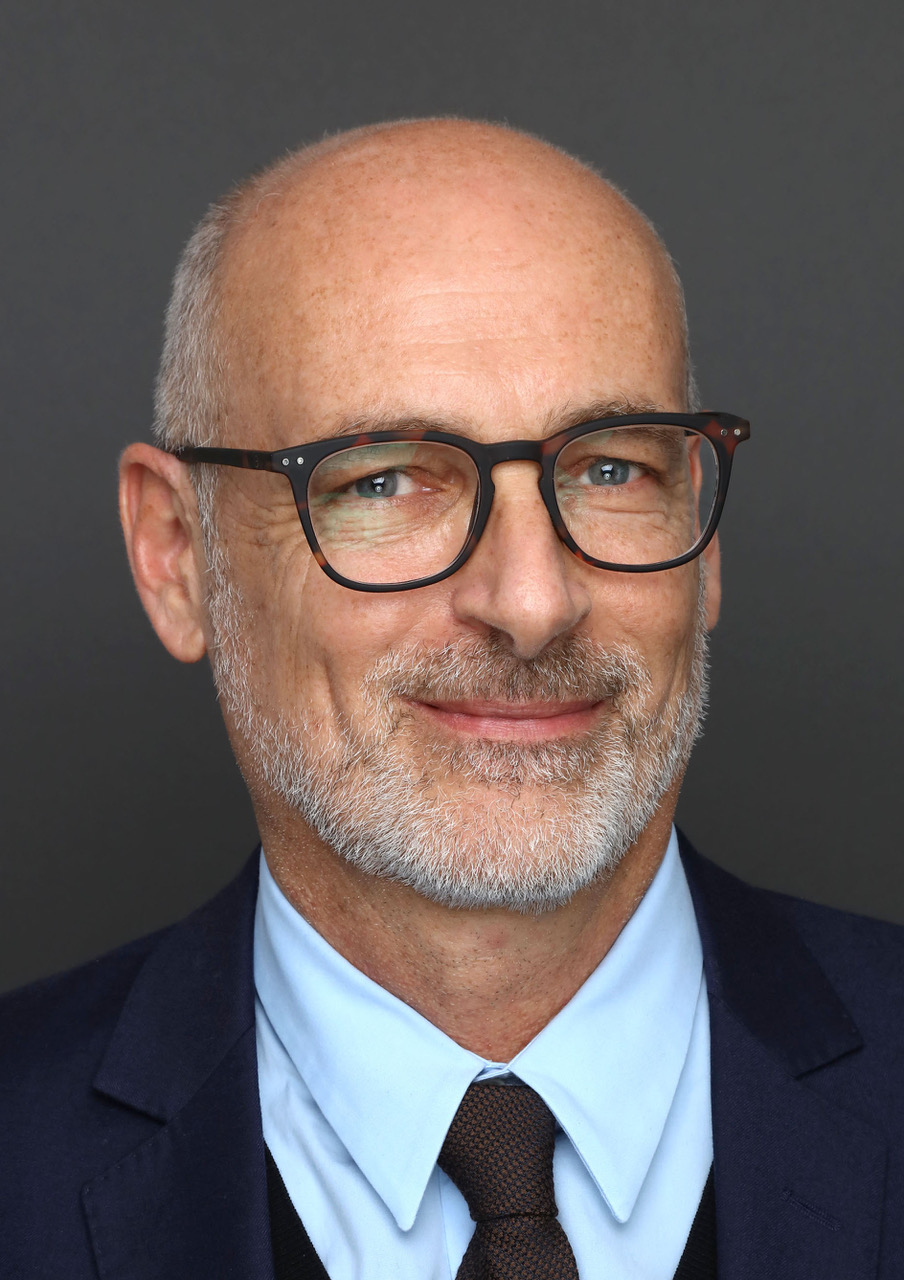
Bridging the Gap: Reducing Global Oral Health Inequities
A global view of oral health shows persistent inequities: in low-income settings, weak and fragmented systems fail to meet basic needs, while across all countries similar barriers such as misaligned financing and accountability, missing or narrow benefit packages, workforce maldistribution, and a procedure-centric culture, undercut prevention and care. This session examines pragmatic levers with demonstrated utility: embedding prevention within primary health care, adopting context-appropriate fluoride strategies, and using appropriate, actionable accountability data. The contributions of dental hygienists and interprofessional teams are highlighted as force multipliers that extend reach beyond the clinic. The focus is on realistic choices and trade-offs that help systems shift from episodic, procedure-driven services toward measurable population health gains.
Dr. Habib Benzian
Extraordinary Professor,
Faculty of Dentistry, University of the Western Cape
Cape Town, South Africa
Workforce Issues & How to Address the WHO Action Plan
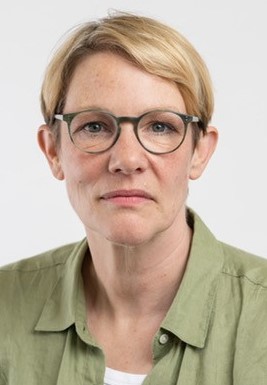
Breaking Barriers: Haleon’s Commitment to Health Inclusivity
At a time of rising healthcare costs and global productivity pressures, Vicky Edmonds will discuss why health inclusivity - including Oral Health - is no longer optional, it’s essential. Presenting results from the latest phase of research from the Health Inclusivity Index - developed by Economist Impact and supported by Haleon - Vicky will demonstrate the economic impact that a more inclusive approach to healthcare and promotion of oral health would have, and how Haleon is championing for better health inclusivity globally.
Vicky Edmonds
Social Impact Director
Haleon

Treating the Most Vulnerable:
How Dental Hygienists Can Contribute Beyond the Dental Chair
By the end of the 20th century, the dental hygiene profession had shifted toward a predominantly curative and therapeutic model, primarily within dental offices, focusing on one-on-one patient interactions and driven largely by profit. This shift led to a decline in the profession’s original emphasis on community education, advocacy, and prevention, particularly affecting fragile and vulnerable communities. Over the past 30 years, this change has contributed to a significant rise in oral diseases, partly due to the lack of community-based education and outreach by dental hygienists beyond clinical settings. To address this, dental hygienists should take an active role in training teachers and other community leaders to promote collective oral health.
Dr. Consolata Pejrone
Cooperazione Odontoiatrica Internazionale
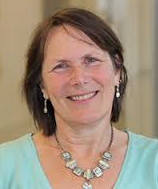
Person-Centered Care Calls for Interprofessional Collaboration
The homeless man who dares not smile, nor apply for a job because he is missing some teeth. The child of 5 with caries in all her teeth. Huge oral health disparities exist with people with less income suffering from worse oral health. This is not only bad for their overall health, but also negatively influences their chances in society: for a job, a relationship, and self-esteem. In my presentation, I will outline how unfavourable living circumstances influence (oral) health, and what we can do about it – and how, in particular, dental hygienists can contribute to this! To prevent and reduce health disparities, person-centered care is required, focusing on the whole person – their problems, values, and circumstances. This can only be achieved through interprofessional collaboration, where dental hygienists, dentists, primary care nurses, doctors, and social workers work closely together. We will discuss how this is done in daily practice, so we all can contribute to that smile in all!
Prof. Dr. Maria van den Muijsenbergh, em.
Professor of Health Disparities and Primary Care,
Chair of the European Forum for Primary Care

Interprofessional Collaboration
This presentation will describe the utilization of the dental team, including dental therapists and dental hygienists, at their top of license to improve patient access to care, oral health outcomes, and patient and provider satisfaction. The use of dental therapists and dental hygienists in dental clinics, public health settings, and community sites, including long-term care and medical facilities, will be highlighted. Topics also include scope of practice, teledentistry, collaboration, and optimal intervention dentistry.
Heather Leubben, ADT, LDH
Member, Clinical innovations Team
Special Care & Pediatrics Specialty Teams
Apple Tree Dental
Learn perspectives from a panel of experts from 4 countries:
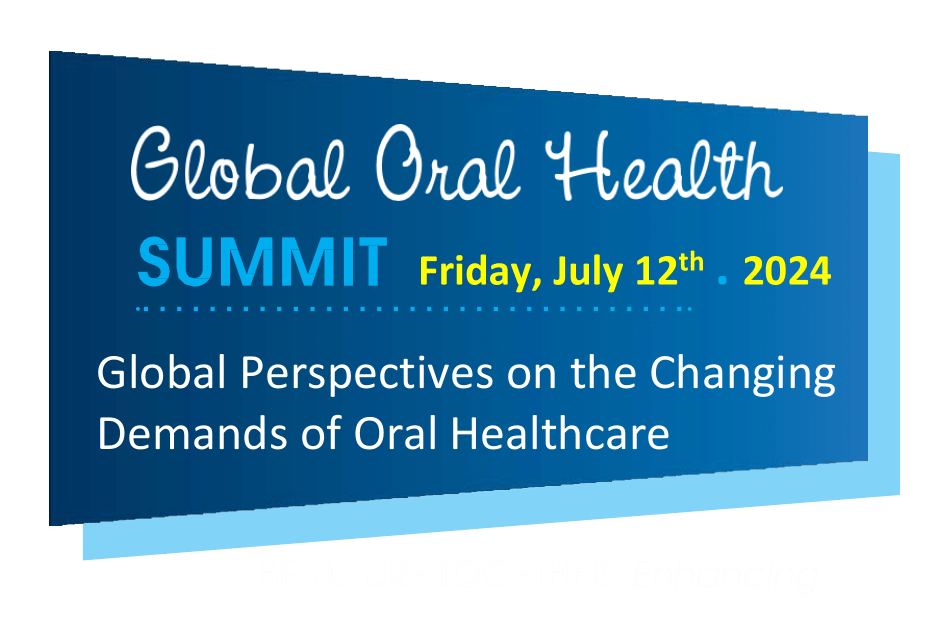

- Click below for more information on:
- Global Oral Health Summit 2021
- Global Oral Health Summit Part II (2022)
- Global Oral Health Summit 2023
- Global Oral Health Summit 2024
Sponsors
SILVER
Sponsors
DIAMOND

GOLD

SILVER
Colgate-Palmolive
Crest + Oral-B



Sponsors
SILVER
Sponsors
DIAMOND

GOLD

SILVER
Colgate-Palmolive
Crest + Oral-B
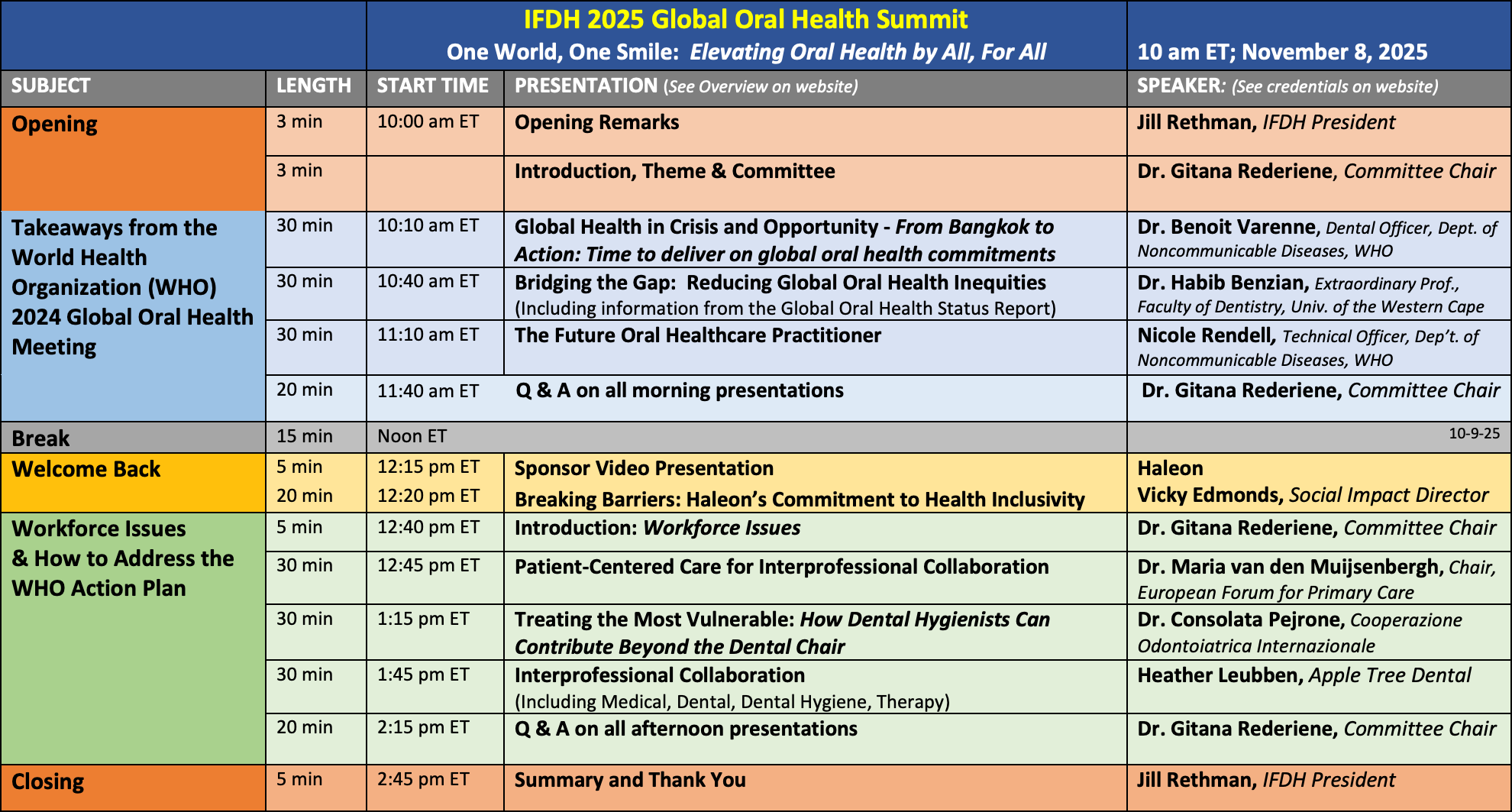
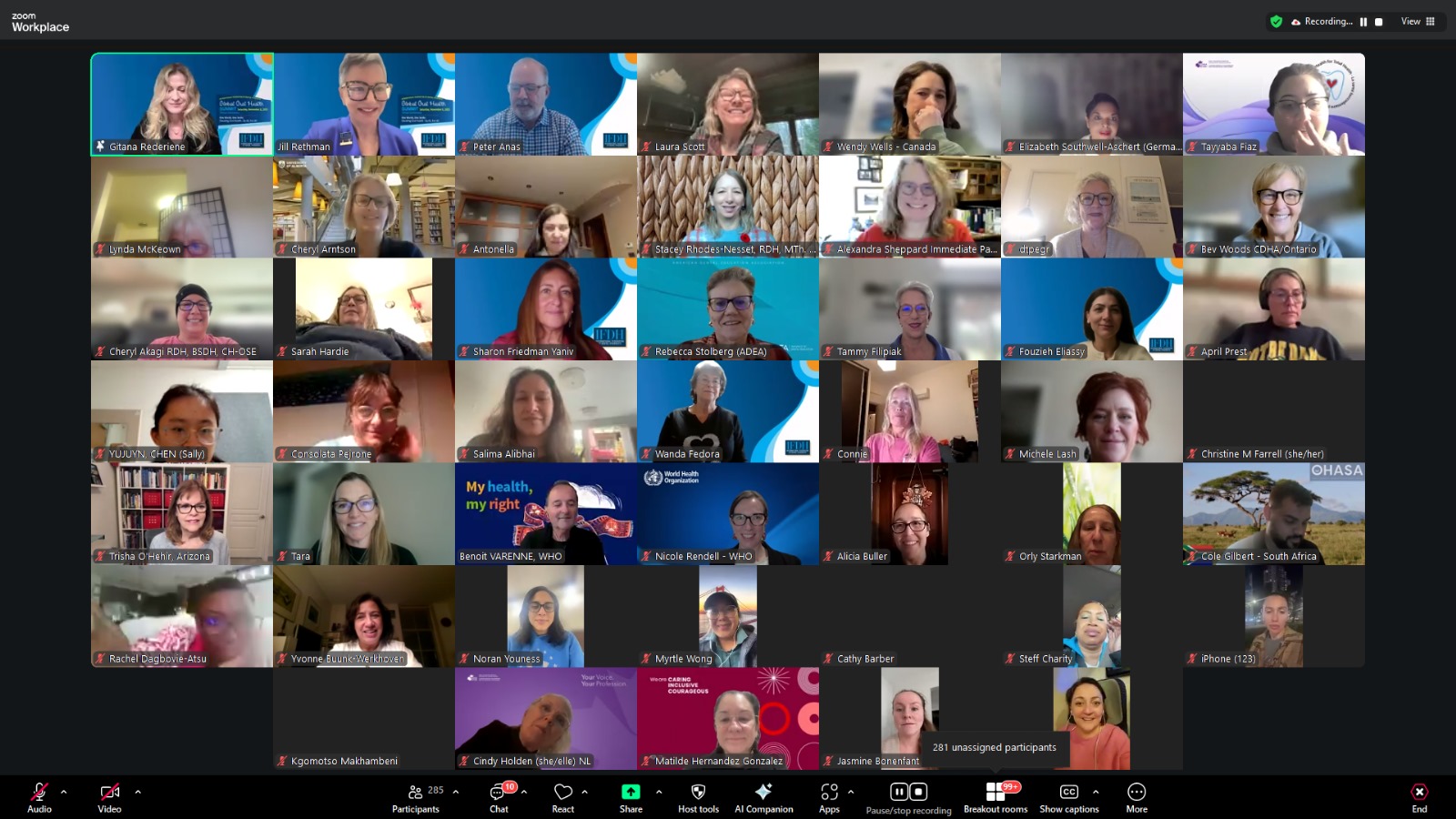
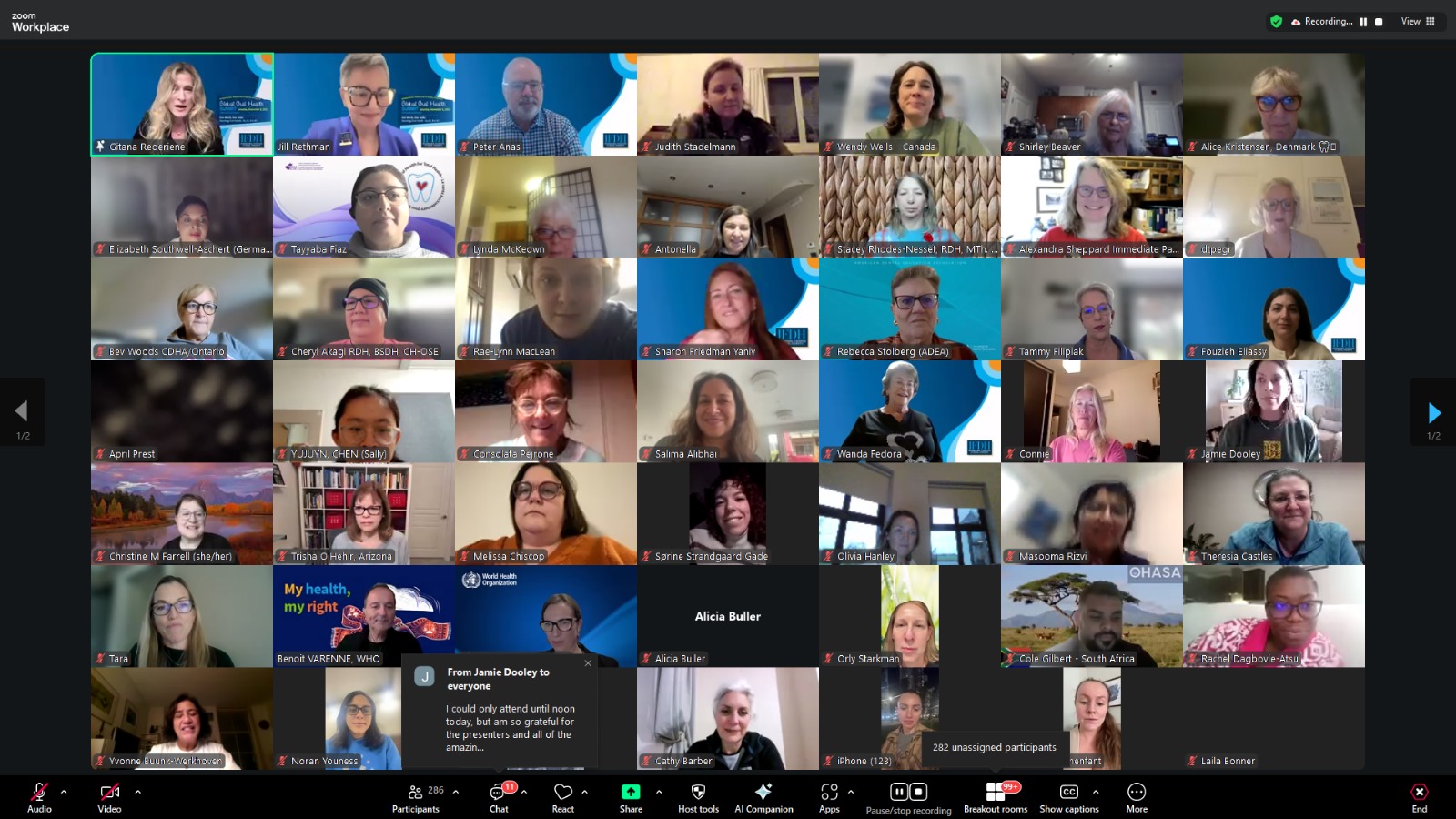
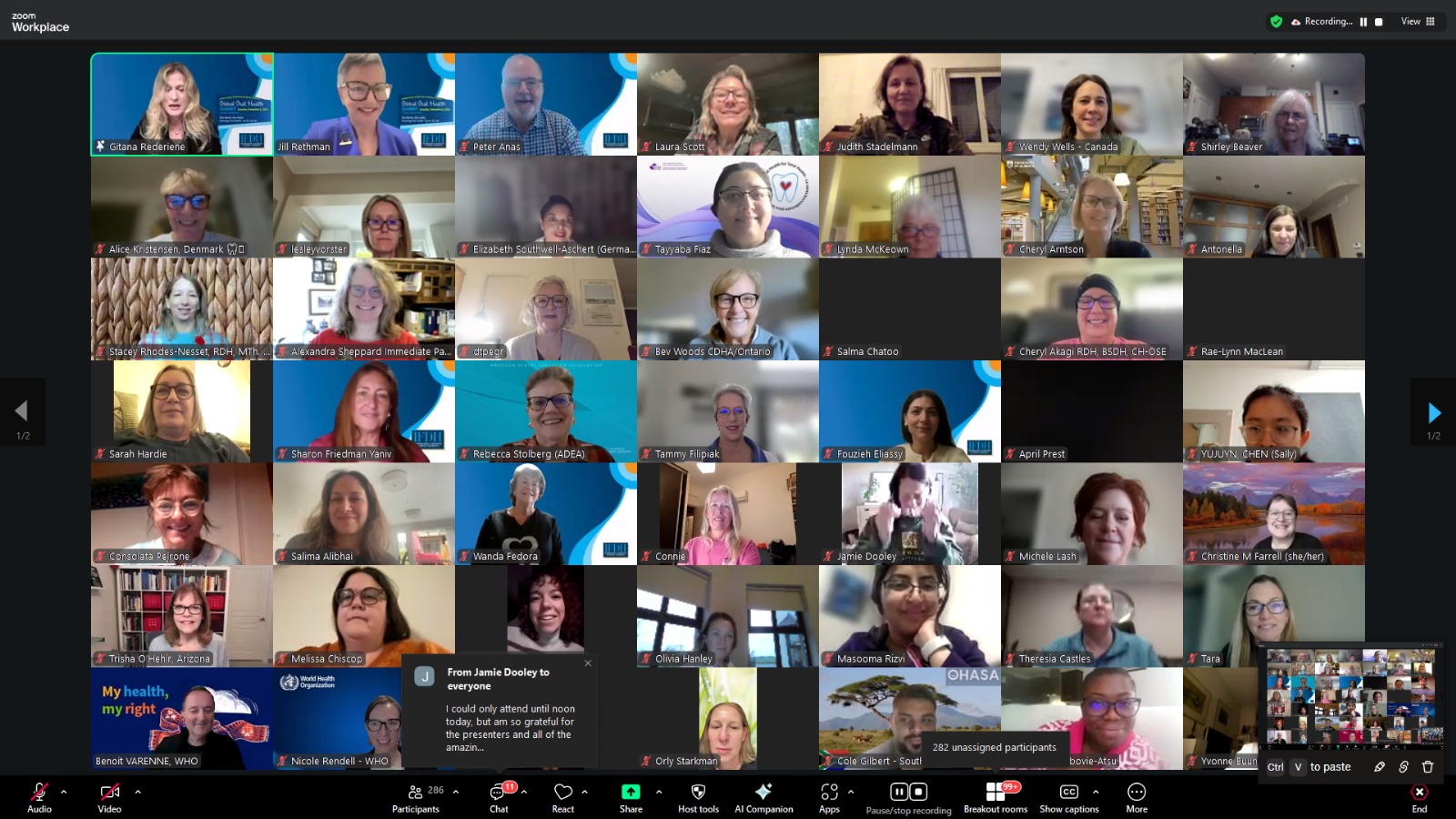
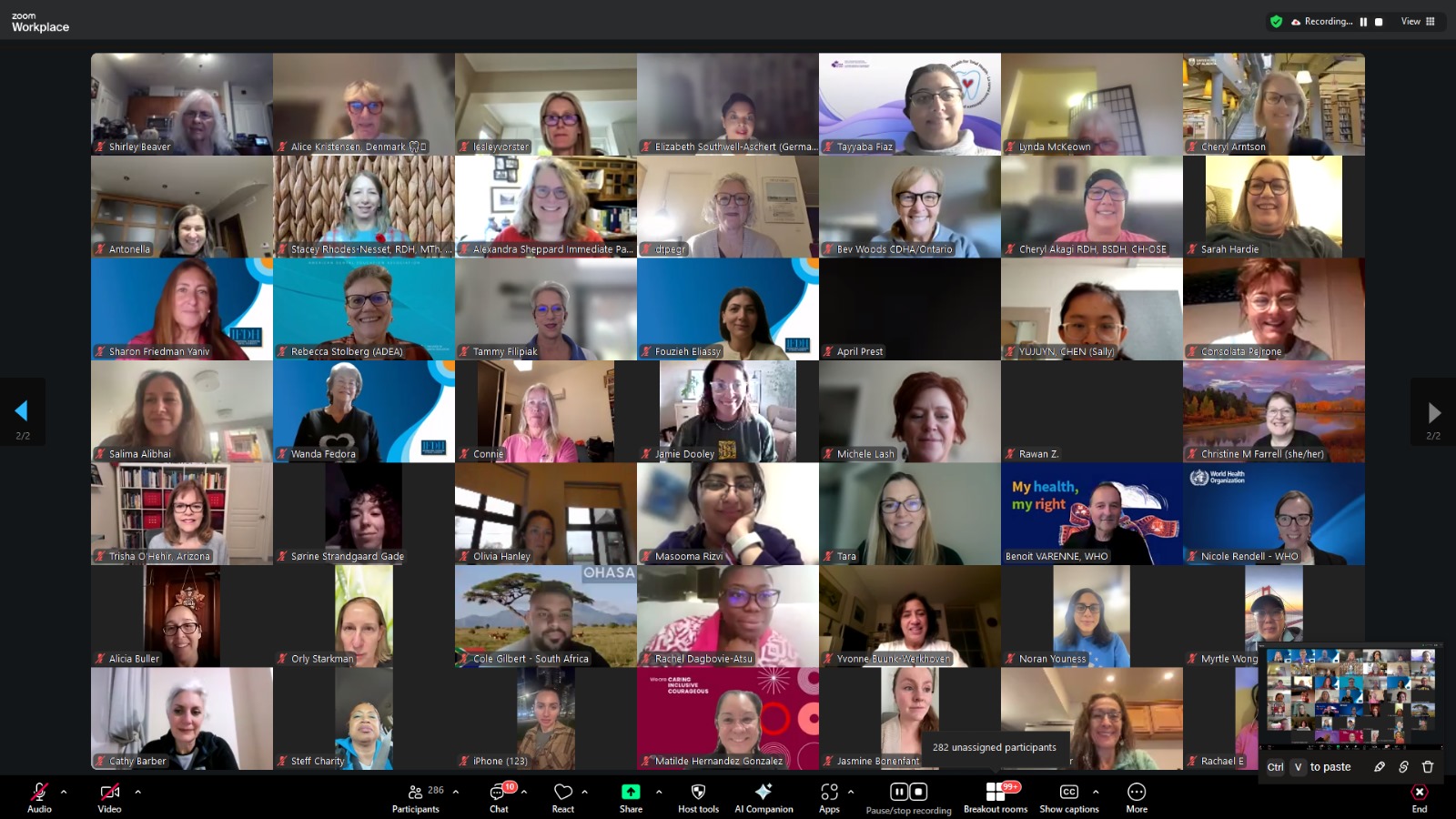



- Click below for more information on:
- Global Oral Health Summit 2021
- Global Oral Health Summit Part II (2022)
- Global Oral Health Summit 2023
- Global Oral Health Summit 2024
